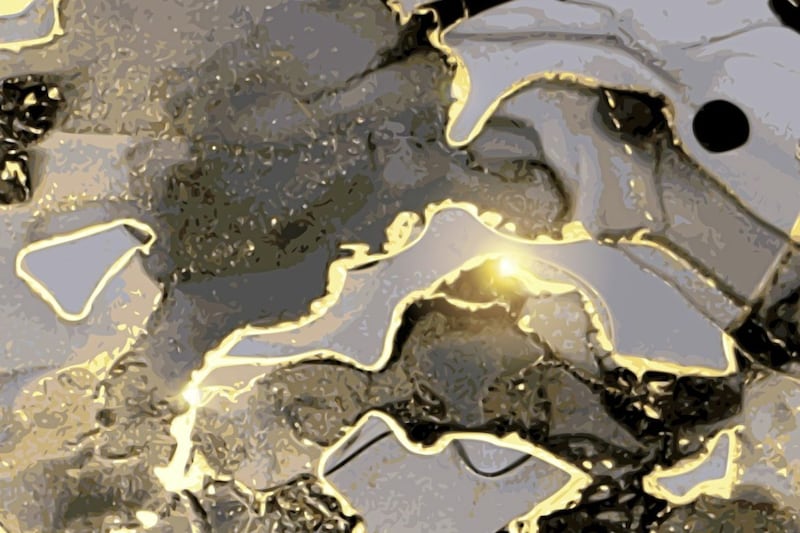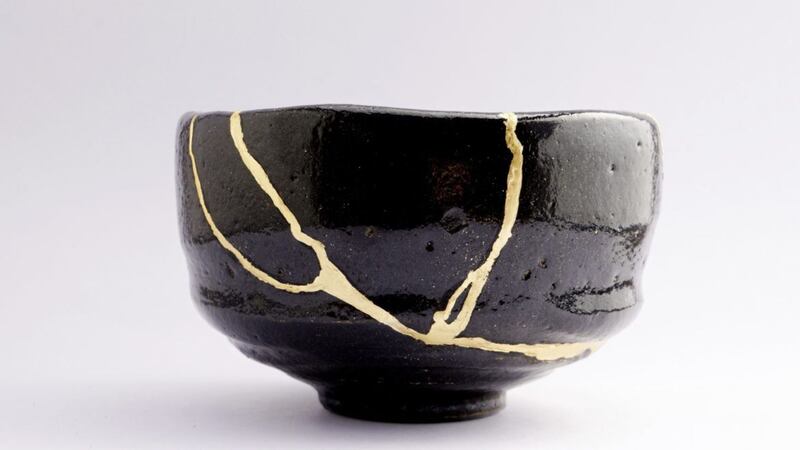He stood silently, slowly taking in the ruins he once called home.
Rain falling, groundwater rising.
Dawn shedding fresh light on his foolish decision to build a house on sand.
I first heard the story in Sunday school - you know, the one Jesus told about the wise man who built his house on a rock and the foolish one who built his house on sand.
You don't have to be a structural engineer to question foundations of sand, so it's no surprise that when the rain came tumbling down so did the foolish man's house. Who would make such an obvious mistake?
But watch out, for the beauty and the peril of many of Jesus' parables is that just in the moment when we are about to condemn the 'fool', we recognise ourselves.
And I can't help but think as I look around today that we have built much of our lives on sand.
This pandemic-storm has uncovered the kindness of strangers and the gold within local communities.
However, it has compounded difficult circumstances for those who were already vulnerable - children in the care system, women suffering from domestic violence, those living with profound disability or mental ill health, the elderly, hungry, poor and lonely.
Pre-existing inequalities around social justice, health and education have been highlighted and deepened.
Globally, demonstrations about climate change, race and violence against women are shaking old foundations.
Locally, the violence of recent weeks is like a symptom which reveals a deeper illness, the sticking-plaster has fallen off but the cancer grows untreated - kicked down the political waiting list.
So today, standing knee-deep in wet sand, it seems we have a choice to make.
Sure, we can reconstruct over the old ruins. Continue to buy things we don't need with money we don't have.
Perpetuate systems locally and globally where the rich possess more and the poor less.
Keep building our sense of self around the tribal politics of old battles or the identity politics of new culture wars.
But what would it look like to rebuild on more solid ground?
This parable Jesus told came right at the end of one of the most famous speeches in history, the Sermon on the Mount.
It was his parting challenge, the words ringing in the ears of the crowd as they descended the mountain - would they build their lives on Jesus' words or not?
The beauty and the peril of many of Jesus' parables is that just in the moment when we are about to condemn the 'fool', we recognise ourselves
As head of the Evangelical Alliance in NI you might expect me to say this, but we cannot read the Sermon on the Mount, this parable and consider the rebuild, without pointing to Jesus.
I cannot help but believe that he is the rock, the ultimate foundation on which to rebuild our broken and dislocated lives. He is good news for every human heart and molecule of his creation.
But I understand that we will not all agree on the blueprint; we have different visions of the common good we want to create.
Many will choose not to follow in the way of Jesus but may I suggest three words, which deeply reflect his teachings and which are good, true and beautiful for our society whatever you believe?
RELATIONSHIPS
This is what life and the human experience is all about. The source of our deepest joy and our most profound pain; in fact almost every issue comes down to how we live alongside others.
For followers of Jesus, we follow him into sacrificial death to ourselves and new resurrected life in the service of God and others.
And so our relationships with family, friends, neighbours, strangers and even our enemies are fundamentally reoriented.
In love, Jesus moved towards those who were sick and sinful, despised and broken, not away from them in disgust.
He did not approve of every behaviour he encountered, he did not leave people unchallenged or unchanged, though he never left anyone unloved.
New foundations for a new society will require new sacrifices and new relationships - especially with those who we disagree with.

RECONCILIATION
There's a danger that this word has become so politicised that we miss the meaning.
This is a high bar, beyond truth, justice and forgiveness - all beautiful and vital things in themselves.
But reconciliation takes us further - the repair and restoration of a relationship that has been lost or broken.
The Japanese art of Kintsugi, paints a good picture of reconciliation. It involves the reconstruction of broken pottery using gold to mend the cracks.
The restored vessel is considered even more beautiful and valuable because of its journey to restoration.
We need exceptional politicians but we also need more 'artists' to create some Irish Kintsugi.
REPENTANCE
Now bear with me, because many people who grew up here only know this word from a quick glimpse of a handwritten bible verse pinned to a tree in deepest Co Armagh or a thundering street preacher.
In the bible it means to genuinely and wholeheartedly 'turn around' or 'think again'.
A rebuke, yes, but a loving invitation too. It's a message Jesus preached a lot: stop, turn around, think again - come and taste and see a wholly new and abundant way of life.
There will be many temptations in the months ahead to build back on sand, to stick a plaster over the cancer.
This is easier, quicker and will look good in the short term, but what happens when the next storm comes?
A foundation of strong relationships, genuine reconciliation and wholehearted repentance will not stop the storm, but surely it's time to think again, turn around and build back on better foundations.
David Smyth is head of the Evangelical Alliance in Northern Ireland.







